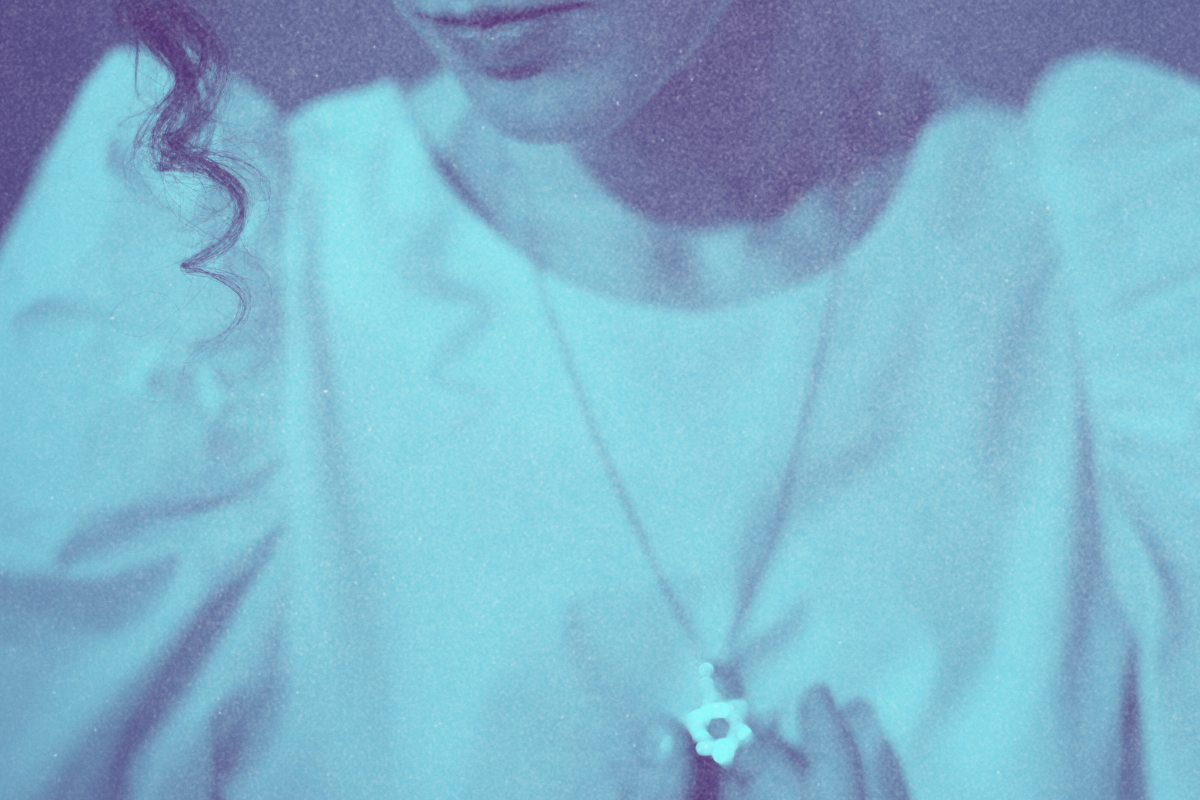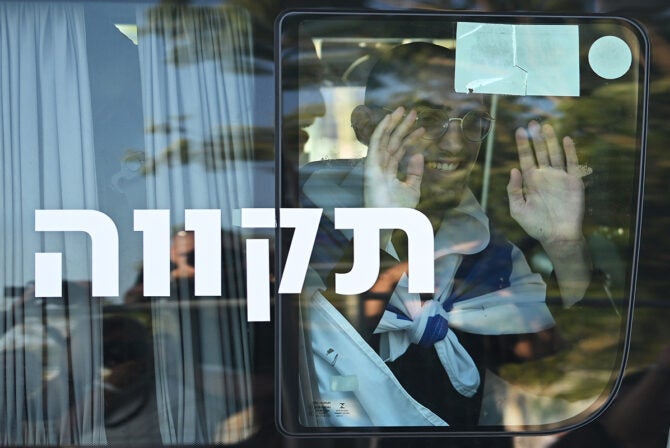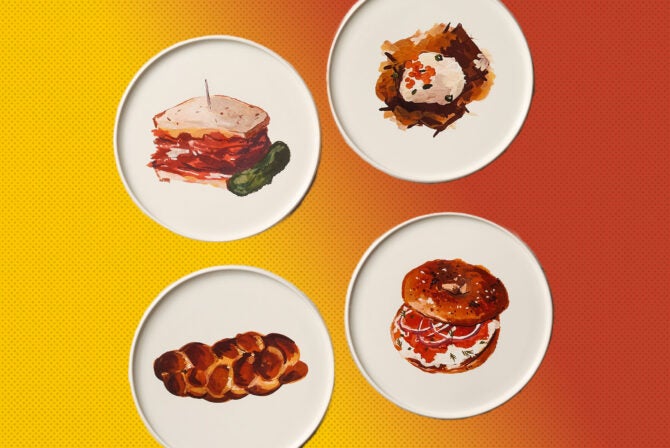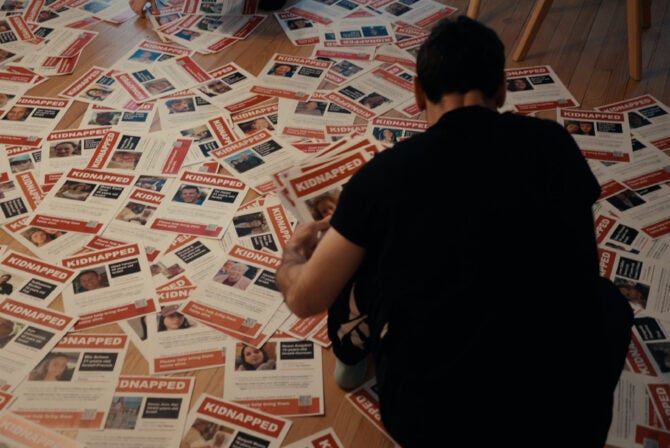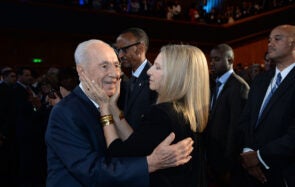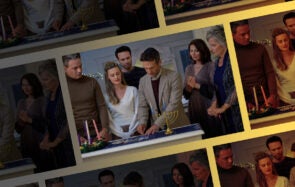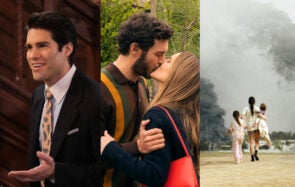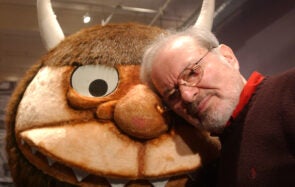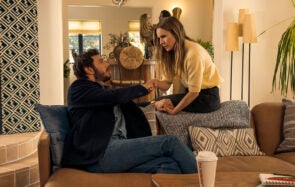The period of Rosh Hashanah and Yom Kippur, known as the Days of Awe, has always held deep significance for me. These days are a time for introspection and soul-searching in Jewish tradition, but two years ago, they took on a profoundly personal meaning when they coincided with my annual mammogram.
As I sat in synagogue with my family on Rosh Hashanah, the Jewish New Year, I found myself reflecting on the poignant words of the Unetanah Tokef prayer, The liturgical poem vividly portrays divine judgment, where God decides the destinies of individuals for the coming year. That year, the question “Who shall live and who shall die?” was not just a distant theological concept; it became my reality when I heard those three life-altering words from my doctor: “You have cancer.”
When I received my diagnosis, my world was turned upside down. It felt as though my fate hung in the balance, much like the prayer suggests. I was suddenly forced to confront my own mortality and the overwhelming uncertainty of the path ahead. The vulnerability I felt, particularly as a mother to a young child, was profound.
Just a day after celebrating my 40th birthday, I found myself undergoing surgery, marking the start of a journey filled with challenges I never anticipated. Chemotherapy, radiation therapy and the start of a five-year course of tamoxifen followed. Each step tested my physical and emotional resilience in ways I could never have imagined.
Yet, amidst the fear and uncertainty, the High Holidays has always brought a glimmer of hope and purpose into my life. Rosh Hashanah, with its themes of renewal and introspection, encouraged me to reflect on how I wanted to live my life moving forward. I promised myself that I would finally live life fully and find self-love again, even during this difficult journey. That promise led me to a significant decision: I decided to have an adult bat mitzvah.
Judaism has always been a fundamental part of who I am, and I had long dreamed of reading from the Torah and feeling connected to our rich history in a more profound way. I now realized that life is too short to put off fulfilling our dreams. The words of the great Talmudic scholar Hillel often echo in my mind: “If I am not for myself, who will be for me? If I am only for myself, what am I? And if not now, when?” As a mother, caretaker, wife, psychologist, friend and professor, I’ve often put others first, neglecting my own needs and desires. But this journey has taught me to embrace self-care and pursue the things that bring me joy and fulfillment.
Part of that journey included learning to embrace the changes my body has gone through due to cancer. With the support of my wonderful and caring rabbi, I found solace and healing in the waters of a mikvah. As I immersed myself in the ritual waters, I allowed myself to cry and release the pain and fear that had been trapped in my body for so long.
Even now, I feel a twinge of fear every six months as I alternate between mammograms and breast MRIs. But I draw strength from the words of the great Hasidic Rebbe Nachman of Breslov: “The whole world is a narrow bridge, and the essential thing is not to fear at all.” I first learned this quote in the form of a song at Jewish summer camp, with its accompanying hand movements, but it wasn’t until years later that I came to see it as my own personal “fight song,” one that has carried me through many difficult moments.
Two years ago, the lines, “On Rosh Hashanah it is inscribed, and on Yom Kippur it is sealed,” resonated with me in a way I had never imagined. They encapsulated the uncertainty of my situation, mirroring the ambiguity of who shall live and who shall die. But as I look to the future now, I refuse to let cancer define me or diminish my spirit. Instead, I embrace the inner strength and resilience that the Jewish High Holidays have cultivated within me and my family.
This year, the traditional New Year’s greeting, Shana Tova, holds even more depth for me as I continue this journey of healing and the sweetness of self-discovery.
